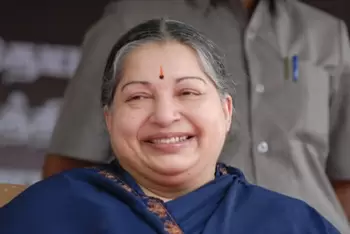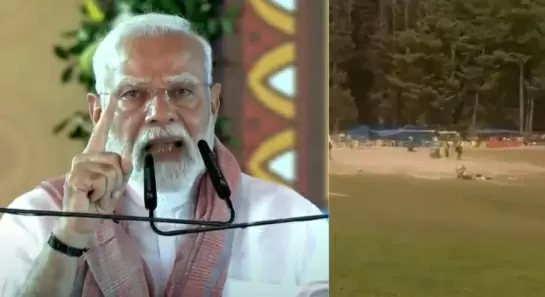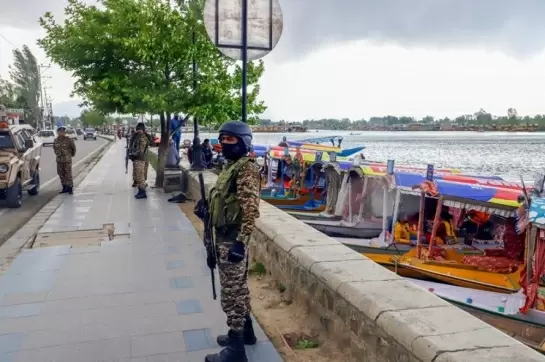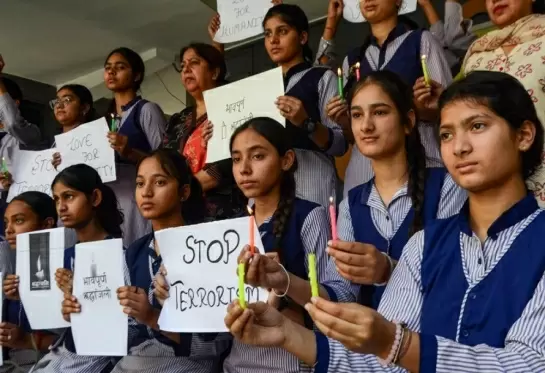UPA government may not be able to continue with the anti-Tamil policies hereafter

01-July-2011
Vol 2 | Issue 26
There is an undeniable Tamil Nadu factor in Indo-Sri Lanka relationship. While successive governments at the centre deem it as a subversive but maneuverable constituency, the political establishment in Sri Lanka sees it as a plain villain.
Now, after the 60-year struggle for political equality and dignity for the Tamils in the island nation ended in May 2009, the role of the Indian government in supporting the military solution enforced by the Sri Lankan government has raised questions.
 |
|
Tough posture: Chief Minister J Jayalalithaa has made it clear to the Centre that it can no longer take the Tamil Nadu government for granted on the Sri Lankan issue
|
Among the factors attributed to the defeat of the Congress-DMK combine in the 2011 elections in Tamil Nadu is the UPA coalition government’s Sri Lanka policy. People of the state responded decisively at the first opportunity that came their way.
The Congress party failed to differentiate its anger against the LTTE with the historical ties between India and the Tamils of Sri Lanka.
The Indian government gave an impression that Sri Lanka was in fact fighting India’s war, as Sri Lankan defence secretary Gotabaya Rajapakse repeatedly said on several occasions, and which was not refuted or challenged by the Ministry of External Affairs (MEA).
The accusation of Indian complicity to the war crimes in Sri Lanka assumes significance on this ground.
People of Tamil Nadu are concerned about the Indian government’s flawed policies.
The two unanimous resolutions passed in the Tamil Nadu Assembly last month also raises serious concerns about the operational ethics and conduct of our Sri Lanka policy since the assumption of UPA-I in 2004.
The first resolution calls for economic sanctions against the Sri Lankan government for the war crimes committed by its armed forces in the war against the LTTE and the second resolution demanded retrieval of Katchatheevu island from Sri Lanka.
The resolutions pointedly stare at the Congress led UPA coalition for its complicity in supporting the brutal military approach of the Rajapakse government in Sri Lanka, while questioning the decision of the Congress leadership in ceding Katchatheevu to Sri Lanka in 1974.
The two resolutions also raise alarm at the bureaucratic despotism of the MEA in defining the Sri Lanka policy without any political accountability.
The primary significance of these two resolutions arise from the fact that there is a growing acknowledgement of the war crimes committed by Sri Lanka among public intellectuals, human rights advocates, and various international bodies including the UN and the Permanent Peoples Tribunal, Dublin (PPT).
The raising of the issue of war crimes committed by the Sri Lankan government and proposal for economic sanctions against Sri Lanka as sought by Jayalalitha has opened the possibilities of review of our Sri Lanka policy.
And Tamil Nadu is within its rights to press for a parliament debate on India’s Sri Lanka policy.
Ramu Manivannan is Chair – Department of Politics & Public Administration, University of Madras
Also Read The Sri Lankan army is essentially Sinhalese and it has an inherent hatred for Tamils














